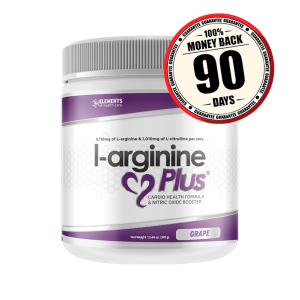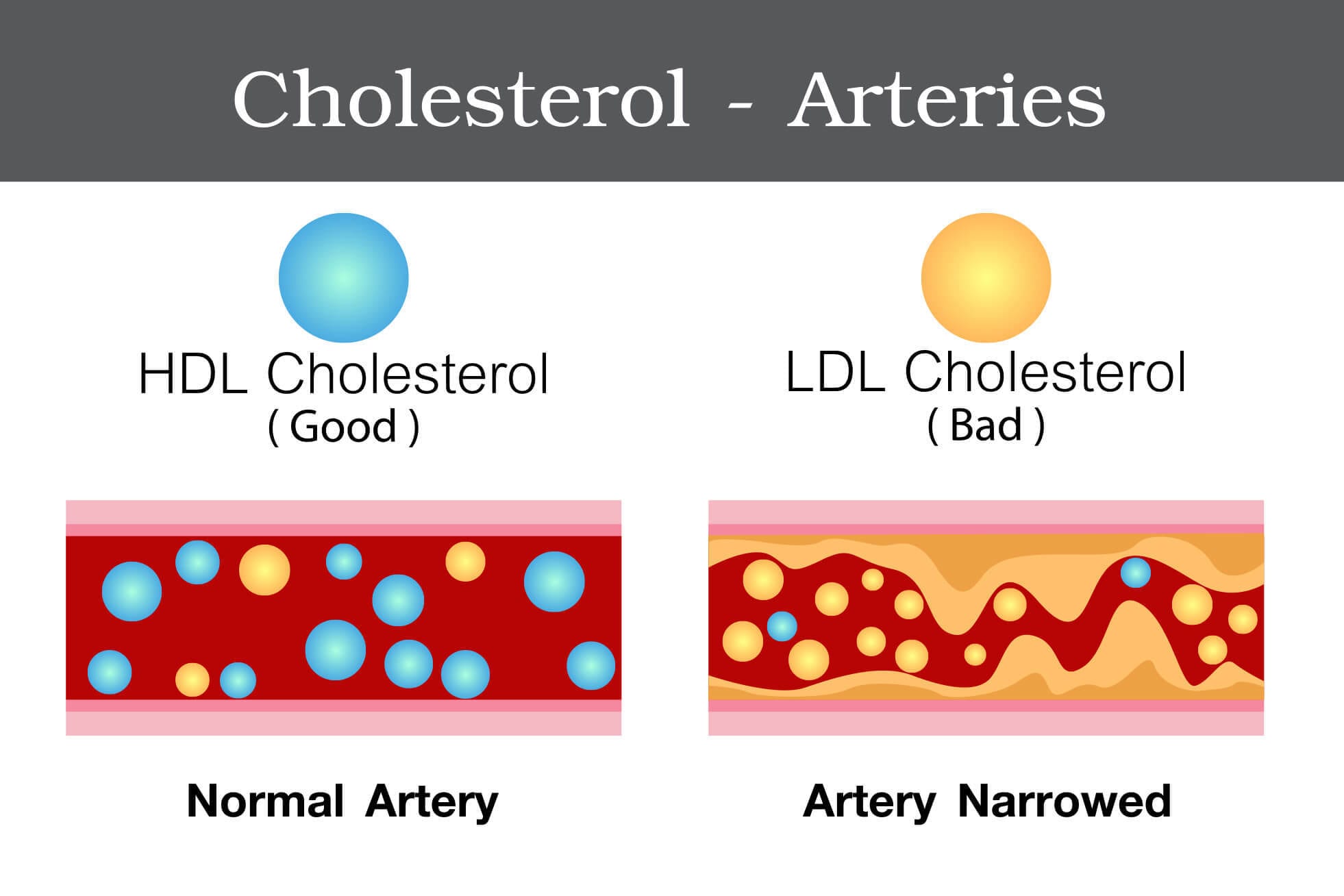What is a healthy cholesterol level? Exposure to high blood cholesterol over a lifetime can increase the risk of heart attack or stroke. New scientific guidelines are showing that high cholesterol should be a concern for all ages.
What is a healthy cholesterol level?
Last November, new guidelines regarding high cholesterol were published in the health journal Circulation. These guidelines were the result of 24 science and health experts from the American Heart Association (AHA) and 11 other health organizations. They help health care providers prevent, diagnose, and treat those patients with high cholesterol.
The new guidelines show that lowering low-density lipoprotein (LDL) known as “bad” cholesterol to levels less than 70 milligrams per deciliter in high-risk patients is best for reducing heart disease complications and risk of dying. An LDL-cholesterol level of more than 160 is considered very high.
Nearly one of every three American adults have high levels of “bad” cholesterol. Global and U.S. studies have suggested that the optimal level is less than 100 mg/dL for healthy people.
High cholesterol is one of the multiple risk factors that increase someone’s chance of developing heart disease. Other risks are being overweight, having diabetes, smoking, hypertension (high blood pressure), and not getting enough exercise. Cholesterol levels also increase with age.
New Guidelines
The guidelines state that genetics can play a critical role in the development of high cholesterol and heart disease. If a parent or sibling has high cholesterol or heart disease, this increases someone’s risk of developing it as well. The guidelines suggest that doctors consider selective screenings of children as young as two who have a family history of early heart disease or high cholesterol. In children without any known risk factors, doctors should recommend tests between 9-11 and then again between 17-21 years of age.
“Cholesterol is, in fact, more important to consider earlier in life compared to later in life. Total lifetime exposure to cholesterol is what matters. So if positive changes in cholesterol occur earlier in life, an individual has more time to accrue the health benefits. It is important to know your cholesterol numbers and start early,” said Dr. Michael Joseph Blaha, associate professor of medicine and director of clinical research at the Johns Hopkins Ciccarone Center for the Prevention of Heart Disease.
The best way to prevent high cholesterol and heart disease is by living a healthy lifestyle that includes a heart-healthy diet and regular exercise.
For patients who can’t control high cholesterol through lifestyle changes, consider trying a cholesterol-reducing drug called a statin.
How L-arginine Plus can Help with Cholesterol?

L-arginine Plus is the best supplement to support the heart in so many different ways. L-arginine Plus is made to increase nitric oxide. Nitric oxide is a key molecule the body uses to widen blood vessels. As you widen the blood vessels it’s easier for healthy cholesterol – HDL cholesterol – to help remove the bad cholesterol – LDL cholesterol – from the arteries.
L-arginine Plus works by providing the amino acids l-arginine and l-citrulline. L-arginine gets absorbed by the body quickly to raise nitric oxide levels fast while l-citrulline is absorbed over time and converted to l-arginine first before increasing nitric oxide levels. Both amino acids help support healthier cholesterol as they widen the arteries for a sustained amount of time.
Folks love using L-arginine Plus to get healthier cholesterol, improve their blood pressure, increase blood flow and so many other benefits.
Learn more about the benefits L-arginine Plus can offer here.

